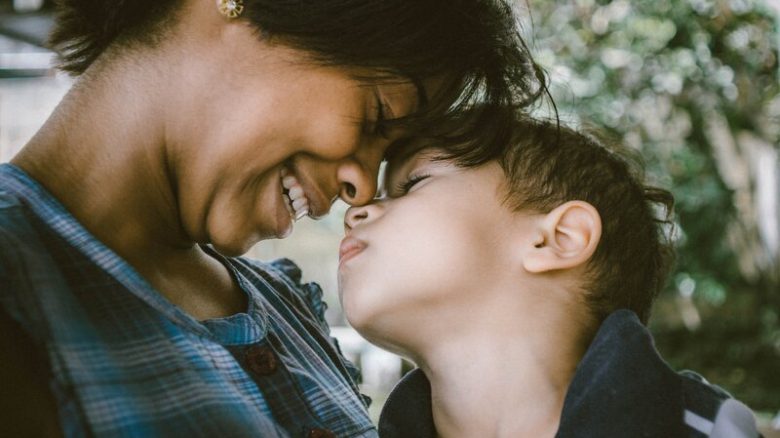Talking with Kids about Weight
When it comes to kids and talking about weight, it can be a sensitive topic. Even young kids can be aware of weight and body image issues. It is important to talk to your kids about weight issues even though it can be hard. Choosing how to approach this sensitive topic is very important. Here are some tips from Eat Right.org for discussing weight with kids, and what to do if a child brings up the topic.
Be open to talking. Talking about weight doesn’t need to be a big one-time event. Think of it as an ongoing conversation that might take place over the span of your child’s life. Ask questions and encourage them to share their thoughts and feelings about body image whenever they arise. Be sure to listen and acknowledge that the feelings are real. If you have had similar experiences, it may help to share them. Explain that people come in all different shapes and sizes and you love your child no matter what.
Don’t make negative comments. Negative comments about your own body or others’ can negatively impact your child’s body image or relationship with food. Set a good example with your actions and words. It is important for parents and family members to be on the same page because mixed messages can be confusing for kids. Don’t get angry, punish, bribe or threaten children about weight, food or even physical activity. This can have negative consequences and could lead to more serious issues like overeating or an eating disorder.
Make changes as a family. It is never too late to make changes to our health but helping your kids develop healthy habits when young can lead to healthier habits as adults. Teach children habits that will help keep them healthy for life. In general, if your child is elementary age or younger and you have some weight concerns, having a conversation might not make sense. Instead, start making lifestyle changes as a family. The best thing you can do is make it easy for kids to eat smart and move often. Serve regular, balanced family meals and snacks. Limit the time your child spends watching television or playing video games. Look for ways to spend fun, active time together. There are local resources that can help kids understand what it means to be healthy. Green Our Planet has a virtual academy with lessons on fruits, vegetables and nutrition for kids. And check out Greater Youth Sports Association’s “A Ball and a Plan” as a way for kids to be active.
Talk with a professional. If a healthcare provider mentions a concern about your child’s weight, speak with the professional privately. Discuss specific concerns about your child’s growth pattern and recommendations for making changes. Seek the help of other professionals like a Registered Dietitian. A Registered Dietitian is a licensed professional who specializes in healthy eating and can help you make positive changes in your family’s eating habits and activity levels. Check out Find a Dietitian to find licensed professionals in your area. Another great local resource is the Healthy Hearts Program, a comprehensive, family-based, pediatric weight management program for families with overweight children.
The key is to consider your child’s overall picture of health, not just their weight. If your family starts eating better and moving more, your children may “grow into” their weight as their height increases. Compliment your children on lifestyle behaviors, such as choosing to play outside over playing video games inside, rather than on the loss of a few pounds. Be mindful that every family is different and change occurs slowly, so be patient and remember there is much more to health than weight.









